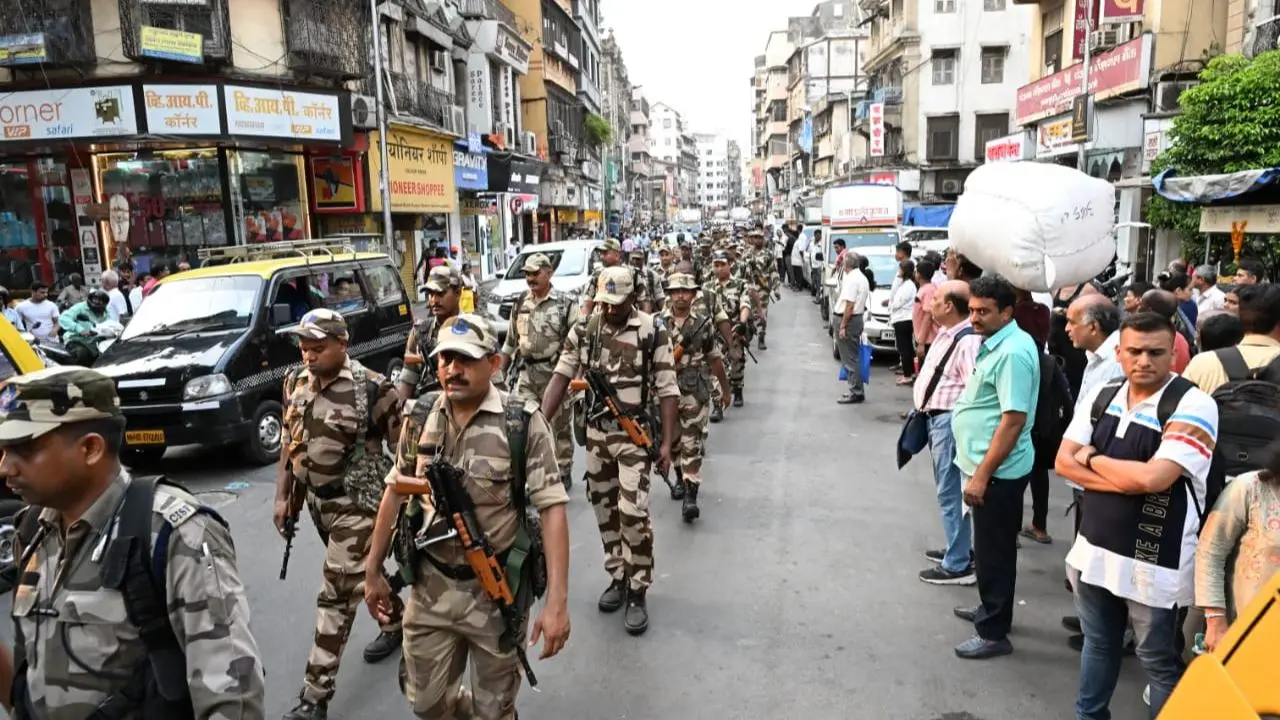 English
English

Several cities in the state, including Mumbai, Pune, Nashik and Aurangabad, are among the key places for mock drill. Read further on Dynamite News

Mock drill held on 7 May
Mumbai: In the wake of recent Pahalgam terror attack that left 26 people dead, the Ministry of
Home Affairs (MHA) has called for a nationwide Civil Defence mock drill on May seven, with Maharashtra emerging as a key focus area.
Several cities in the state, including Mumbai, Pune, Nashik and Aurangabad, are among the key places that have been asked to hold mock drills in the state.
The drills will also be held at other sensitive locations such as Uran, Bhusawal, Tarapur, Nashik, Raigad, Ratnagiri, Sindhudurg, Manmad, Sinnar, Pimpri-Chinchwad, Nagothane, Thal-Vayshot, Rohn-Dhatao and Chhatrapati Sambhajinagar (Aurangabad).
The directive has been issued to Chief Secretaries and Union Territory Administrators, asking them to mobilise district authorities, civil defence forces, schools and local volunteers.
The focus is on revitalising emergency response mechanisms across 244 classified districts in the country, several of which fall in Maharashtra.
A mock drill is a practice exercise to prepare people, organisations, and authorities for real-life emergency situations, such as fires, earthquakes, medical emergencies, or terrorist attacks.
Through mock drills, an organisation (a country in this case) tests the effectiveness of emergency plans and identifies possible weaknesses in emergency-like situations.
All states have been directed to carry out mock drills on May 7, to test the effectiveness of civil defences such as evacuation plans, radio communications, air raid warning systems, control room functions and more.
The mock drills will be conducted across 244 categorised districts in all states and UTs.
According to the reports, the MHA has identified a total of 295 vulnerable towns/districts across the country where civil defence measures need to be implemented during peacetime.
On May 7, when the mock drills are scheduled across 244 districts, the measures that the states will take include:
Assessing the effectiveness of the air raid warning systems
Checking the hotline and radio communication links with the Indian Air Force (IAF)
Seeing the functionality of control rooms and shadow rooms
Training of civilians, including students, on civil defence aspects to protect themselves in the event of a hostile attack
Implementation of crash blackout measures
Implementing early camouflage for key installations
Verifying the working and response of Civil Defence Services, including warden services, firefighting, rescue operations and depot management
Assessing the preparedness of evacuation plans and their execution
No related posts found.